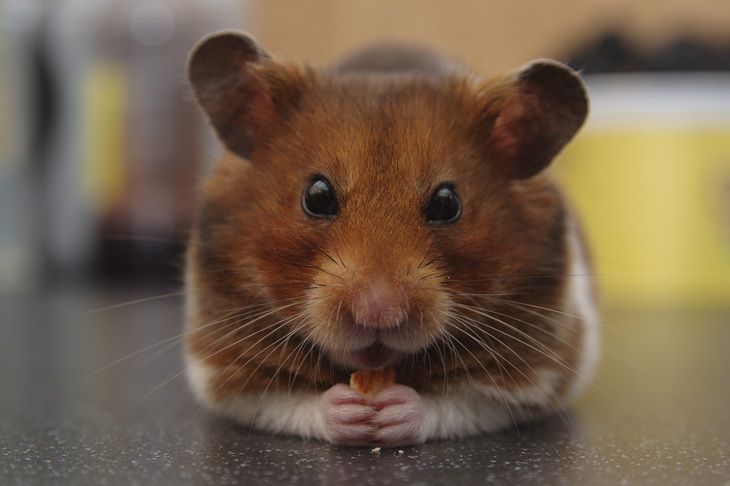A hamster's nocturnal activity is an alarming signal that parents often ignore.
Find out why these rodents are dangerous for children's psyche and how keeping them harms the whole family.
Hamsters are not toys, but nocturnal predators
In the wild, hamsters hunt in the dark to avoid predators. Domesticated hamsters retain their ancestral instincts. At night, they:

- They run on a wheel (up to 10 km per day!).
- They gnaw at the bars of the cage.
- They dig the litter, creating noise.
What does this mean? A child who dreams of playing with a pet during the day will get a sleepy and aggressive animal. Hamsters bite if they are disturbed during rest periods.
Nighttime activity is a sign of stress
A typical mistake of parents is to put the cage in the nursery. The noise prevents sleep, and the bright light of the lamp disorients the hamster. This provokes:
- Insomnia in a child.
- Chronic stress in rodents (reduces life by 30%).
Scientists from the University of Michigan have proven that disruption of the sleep-wake cycle in hamsters causes hormonal disruptions and early death.
Children can't cope with care
Hamsters seem to be unpretentious, but their nocturnal lifestyle requires a specific approach:
- The cage should be cleaned in the evening, when the child is getting ready for bed.
- Feeding - after sunset.
- You can't add a second hamster (fights to the death!).
Reality: 70% of children lose interest in their pet after a month. Parents are forced to take care of it themselves, adding a "night shift" to their household chores.
Why are hamsters dangerous for children?
1. Aggression. A frightened rodent bites until blood flows. The wounds become inflamed - risk of infection.
2. Allergy. Wool and bedding cause coughing, rash, and watery eyes.
3. Psychological trauma. The death of a hamster after 1.5-2 years (short lifespan!) is a blow to the child.
What to do if the hamster is already in the house?
1. Move the cage to a non-residential area (balcony, storage room).
2. Buy a silent wheel and a ceramic drinker.
3. Do not allow your child to handle your pet during the day.
What pets should you choose instead of a hamster?
Guinea pigs. Active during the day, rarely bite.
Chinchillas. Quiet, live up to 15 years.
Parrots. Sociable, trainable.








